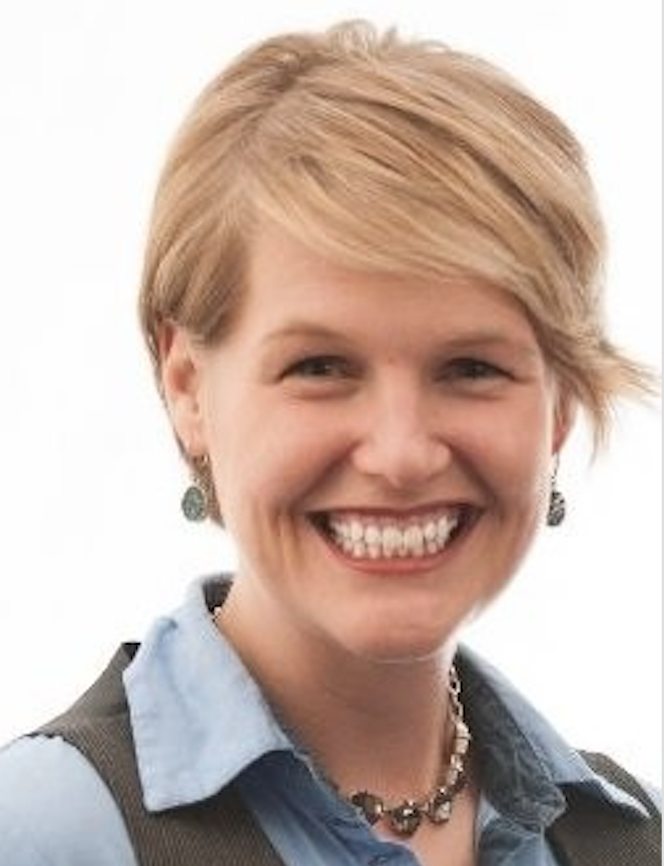
What drew you to study Communication?
I've always loved reading and writing -- specifically, reading and writing about people's real lives. Biographies always interested me more than fiction. I got my undergrad degree in Mass Comm and became a small-town newspaper reporter, then a magazine editor, and then joined the internal communications team of a large regional healthcare system. All these jobs offered me the opportunity to talk (i.e. LISTEN) to a fascinating variety of people and help them tell their stories. Everyone's got a great story--they just might not realize it yet.
What is your research area?
I study interpersonal health communication. My dissertation is a two-part study that tries to understand how chronic illness impacts a person's overall sense of self, as well as their relationships with others, and how THAT may change the way they ask for help from people around them.
What classes do you teach?
I've taught Communication & Aging, Health Communication, and Business & Professional Communication. All three of them tap into my previous experience and current interests. I especially like teaching Business & Professional Communication, because I enjoy sharing real examples from my "non-academic" career with the students, to help the textbook concepts feel more relevant to them.
How do your classes help prepare students for their career after graduation?
Business & Professional Communication isn't just for business students -- everyone who plans to have some sort of job someday can benefit from this class! We teach (and give students a chance to practice) working effectively in teams, conflict management, leadership, how to organize and deliver a speech, and impromptu speaking. No matter what industry or business you eventually work for, you will need these skills, so we help you build them in a safe, structured environment.
What do you like most about teaching and working with undergraduate students?
I love how subconsciously honest undergraduate students are -- if a lecture is just not working, or if a video clip didn't deliver what I thought it would, I can immediately tell it on the students' faces, and I have to quickly switch gears to get them "back." Similarly, if an activity I'm leading for the first time is really connecting with them, the whole class lights up with chatter, smiles, and enthusiasm. I get immediate feedback on my job performance, which keeps me on my toes and forces me to prepare more engaging, relevant classes.
What is your favorite assignment?
I created an activity in Health Communication in which small groups of students were given health-related magazine ads, and they had to critically analyze them using concepts and theories we'd learned throughout the semester. Then, the groups left the classroom to conduct a poll of students and faculty they found around campus, asking people their opinions about the ads. Afterward, the groups reconvened to discuss if what THEY thought about the ads lined up with what non-Health Communication students thought about the ads. The students could clearly see how much they'd learned over the semester (since their opinions about the ads were usually more critical and nuanced than the poll participants'), and they thought it was fun to get out of the classroom for a day. As we debriefed, I told them: "You know what you just did? You came up with a question, created a hypothesis, then tested it and analyzed your results. You became researchers today." The smiles on their faces were amazing.
What advice would you give an undergraduate student taking one of your classes?
If you need help, or are confused, or have something weighing on your mind, come to me SOONER RATHER THAN LATER! I want to help you succeed, but I can't do that if I don't know there's a problem. The earlier you reach out, the more assistance I'm able to give, and the better an outcome we'll reach.